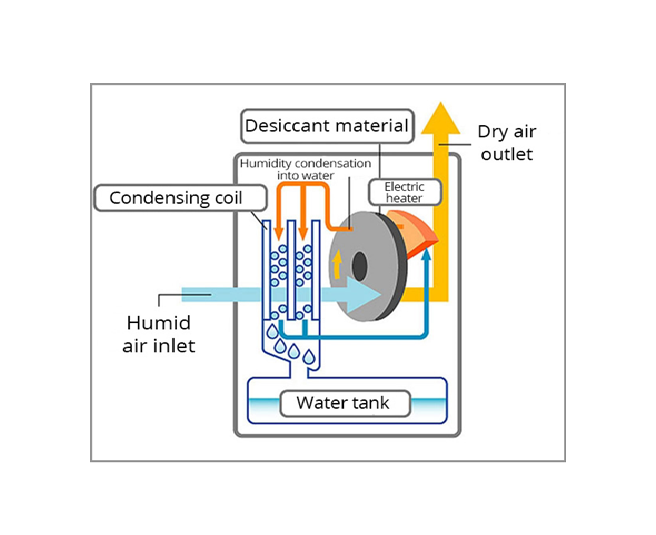Keep Your House Cool Without AC’s – Seven Simple Steps
When the weather gets warmer, turning on the air conditioner also means emptying your wallet. Please follow these interesting tips to avoid high air-conditioning costs and be more environmentally friendly.
Insulate Your Attic And Walls:
Many of the things that help keep your home warmer in winter also help keep your home cooler in summer. For example insulation – reduces energy costs by heating cold air in and out. Isolation can also be surprisingly inexpensive.
Ventilation Strategy:
Convection ventilation can quickly remove excess hot air from your house without the help of a fan. A double-layer facade system is used, which uses a buffer zone in the middle to help the cold air circulate in the building.
Try Insulated Window Films:
Window film offers a number of benefits, from reducing energy costs to maintaining privacy while enjoying the outside view and light. You can reduce infrared heat by up to 98% compared to unprotected windows and reduce temperature imbalances in your home.
Trees:
The trees around the house help protect the house from the sun in the summer. In winter, you can get plenty of light (and hope for warmth). We also hope that there is a secret isolation in this house.
Hack Your Windows:
Open the upper part of the windows on the upwind side of the house and the lower part on the upwind side of the house. This creates a flow of cooling pressure. You can make things even cooler by looking at a box fan out of the window.
Get Rid Of Incandescent Lights:
The light bulb uses approximately 90% of its energy for the heat it emits. Therefore, if you want to keep the house cool without buying an air conditioner, then small changes such as switching to energy-saving lamps can keep the house cool while reducing energy consumption.
Manage Humidity:
If the room feels very humid, you can use some dehumidifiers to make the room more comfortable. The dehumidifier is actually the only machine that can accomplish this task. Closet-type air conditioners can remove moisture, but science is working on this.



